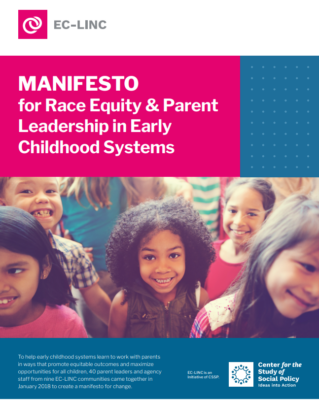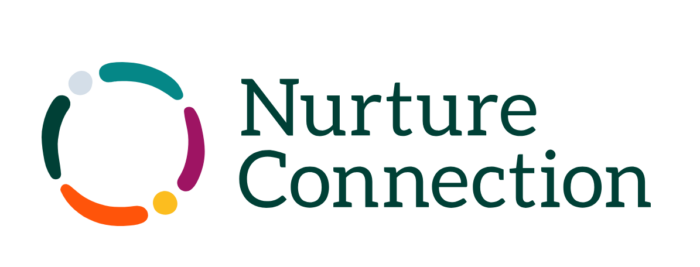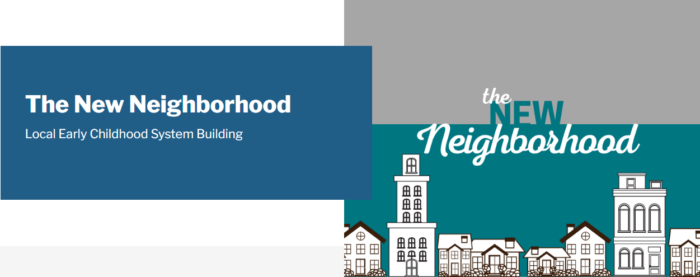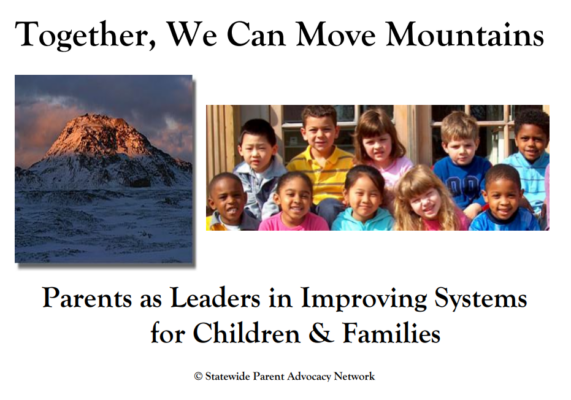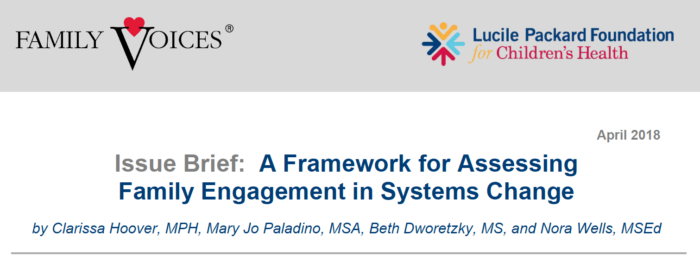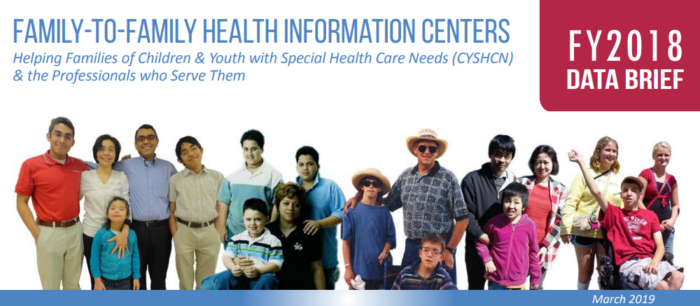Ripples of Transformation: Families Leading Change in Early Childhood Systems

The Ripples of Transformation toolkit is designed to inspire, challenge, and support leaders in early childhood – primarily administrators and program staff – to embrace and move toward a vision of families as agents of change in their children’s lives, communities, and early childhood systems. The toolkit goes on a journey through social services offices, hospitals, community organizations, and city- and county-wide collaborative initiatives. It expands the concept and practice of family engagement from a separate strand of programming to an integrated, continuing stream of opportunities for parents to serve as leaders in their families and communities, as well as in policies and systems. The toolkit extends family engagement from the preschool classroom, where most resources have been focused, into early childhood systems of care, including family support, children’s health, and mental health.
This toolkit is organized around the concept of family engagement as a continuing stream of opportunities for families. Each main section of the toolkit provides examples of the leadership journey from parents and caregivers, strategies representing innovations and best practices, resources to prepare programs to effectively engage families, and stories from families and organizations in diverse communities. The final sections explore best practices for measuring outcomes and issue a call to action for leaders in early childhood.
Main Sections of the Toolkit
- Engaging with their children: Families enhance their role as the child’s “first teacher” through learning about their child’s development, building a network, and getting support for basic needs and parenting challenges.
- Shaping programs and services: Families partner with organizations to inform decisions, participate in planning and delivery of services, and develop their leadership.
- Influencing policies and systems: Families use their voices and experiences to advocate for improved, family-centered, equity-driven systems, programs, and services.
